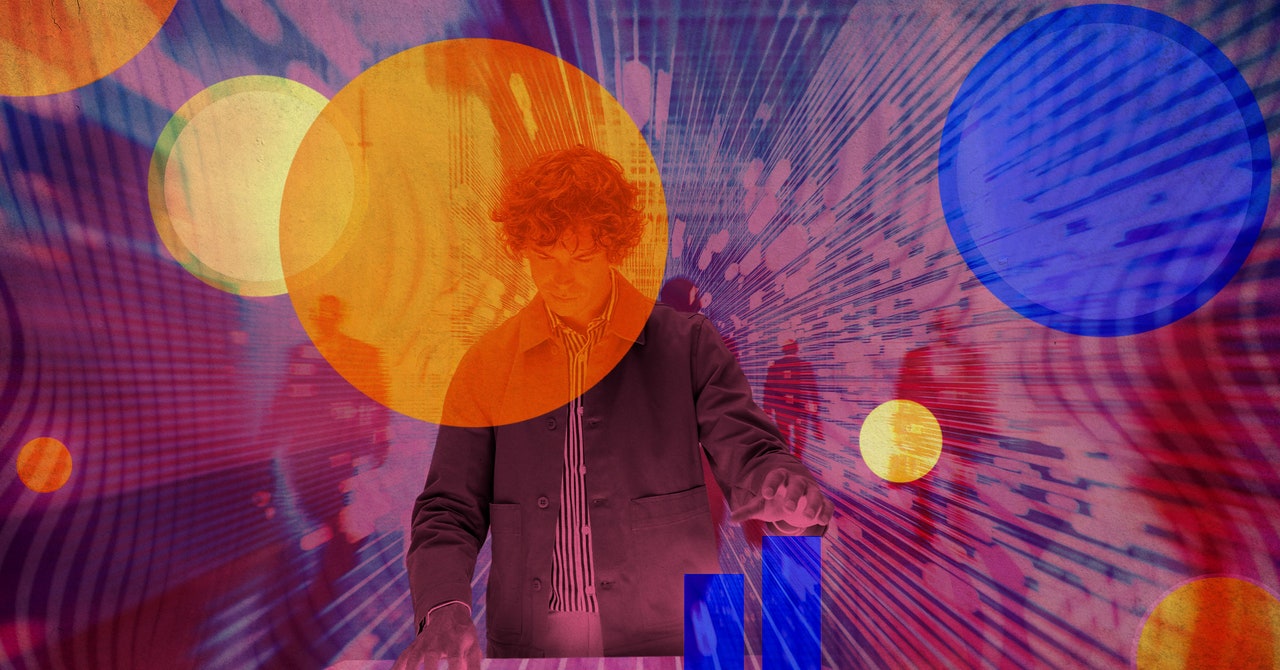Just like the Internet in the 1990s, AI will change the definition of work. While change can be scary, if the past three years have taught us anything, it can also be an opportunity to reinvent the way things are done. I believe the best way for employees and employers to manage the changes ahead is to adopt a skills-first mindset.
For employees, this means thinking of your job as a set of tasks rather than a job title, recognizing that these tasks will change regularly as AI advances. By dividing your job into tasks that AI can do perfectly, tasks that AI can improve your efficiency, and tasks that require your unique skills, you can find the skills that actually work. You have to invest in them to invest in the job you have, to identify. .
After all, the skills required for many jobs have changed by a staggering 25 percent since 2015, and that number is projected to reach at least 65 percent by 2030, driven by the rapid development of new technologies such as artificial intelligence. It is artificial. And it’s not just AI literacy skills – people skills are on the rise. Our data shows that the top skills that professionals think will become more important on the job as AI tools become more widely used are problem solving, strategic thinking, and time management.
For employers, the rise of artificial intelligence only increases the importance of a skills-based approach to hiring and talent development. People are learning AI skills at a rapid clip, with the number of members with AI skills now 9x higher than in 2016. Generative AI has seen 17% more application growth than job postings not mentioning the technology in the past two years. Leaders who focus on these skills when hiring (rather than a degree or a job a person has had) will unlock more potential and be more agile by changing the way work is done.
The same is true for talent development. We will increasingly see employers turning to training that ‘trains for hire’ in ever-changing jobs through recruitment, apprenticeships and academies, as well as ‘trains for promotion’ into ever-changing roles through upskilling. and performing tasks that lead employees to new tasks. Functions and maybe even new jobs. This will be the case for AI-related hard skills, but perhaps more importantly, for people skills: our data shows that 92% of US executives believe people skills are more important than ever.
2024 will usher in a new world of work where people skills—problem solving, empathy, and active listening to name three—are more central to career success, and people-to-people collaboration is more central to company success. Leaders and employees should see AI as just one tool in the toolbox. It doesn’t replace people, it allows them to do their jobs more effectively and gives them time to focus on the more valuable and human parts of their jobs. For example, a software engineer can use AI to help with mundane or repetitive coding that is needed regularly, giving them more time to innovate new ideas. Or a recruiter can save time and focus on more strategic parts of the hiring process — like talking to candidates and building relationships with candidates — by letting AI create job postings.
In 2024, leaders will embrace this ever-evolving technology while simultaneously empowering their employees and aligning their upskilling and continuing education with AI skills and practical people skills. The result will be a new world of work that is more humane and more fulfilling than ever.





